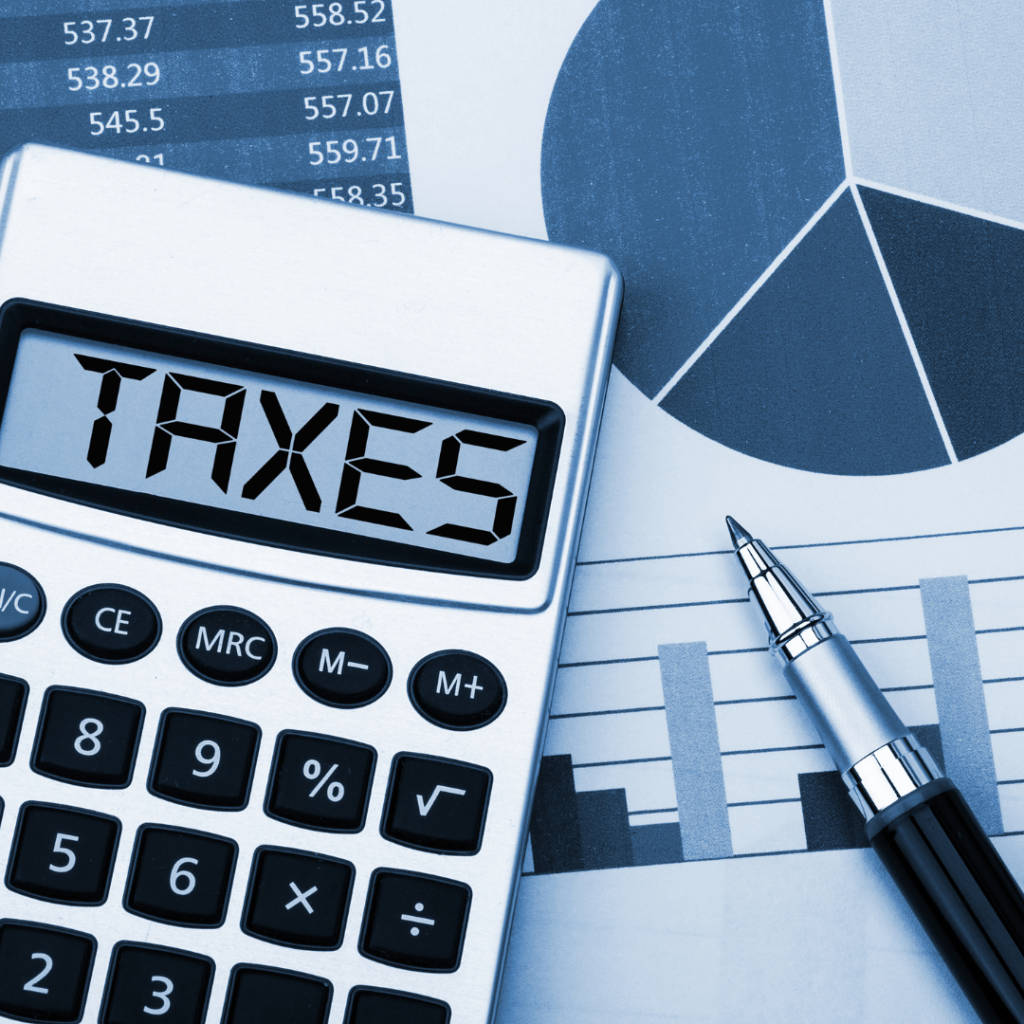
As of January 1st 2023, the Netherlands is charging higher taxes for air travel from its territory to encourage travelers to choose other modes of transportation. According to Dutch news outlet De Telegraaf, the country will charge more those who want to fly out of its territory.
The air passenger tax rate will be increased by € 18.48 from 1 January 2023. It will then be more than tripled, from € 7.95 to € 26.43 per passenger departing from any airport in The Netherlands. Increasing the air passenger tax will reduce the difference between the price of an airline ticket and a train ticket. The air passenger tax of over € 26 applies to both short-haul and long-haul tickets.
This increase is the result of a brainstorming session between the various parties in the ruling coalition. According to De Telegraaf, the measure has been decided to “encourage travelers to choose more sustainable transport options such as the train”, but also to provide a source of additional revenue. The stated aim of the tax hike is to combat pollution.
At this stage, local airlines or airlines serving the Netherlands have not yet reacted publicly to the increase. The tax, introduced at the beginning of 2021, only applies to flights departing from the Netherlands, and not to connecting flights.
The announcement is likely to raise eyebrows, as it comes at a difficult time for the Dutch airport sector. Last June, the Netherlands announced a cap on the number of flights per year at Amsterdam-Schiphol, one of the busiest airports in Europe.
If you have a good alternative, you should really use it.
Marjan Rintel, CEO of KLM-Air France
In December, the CEO of KLM, Marjan Rintel, sent a message to people encouraging them to travel by train rather than by plane for short distances. She believes the airline sector should stop viewing rail as a competitor. Rintel is following the same rationale as that of the French government, which has banned short air links (less than 2.5 hours) in France if there is an alternative by train. The decree has been validated by the EU.
“If you are serious about achieving your sustainability goals, the train is not a competitor. We have to work together,” said the KLM CEO in an interview with the Financial Times. She noted that to connect its two bases, Amsterdam (KLM) and Paris (Air France), she only travels by train.
Air France had already agreed with the French government in 2020 to limit domestic routes in exchange for financial aid during the pandemic. The agreement is now enshrined in a bill and has been validated by the EU.
For its part, the Dutch government has announced its intention to reduce the number of flights departing from Schiphol airport by more than 10%, with short-haul flights in mind. By November 2023, only 440,000 flight movements per year will be allowed, compared to 500,000 today. KLM said at the time that “if the company had to give up slots, it would have to give up its smaller aircraft.”
Source TravelTomorrow.com




